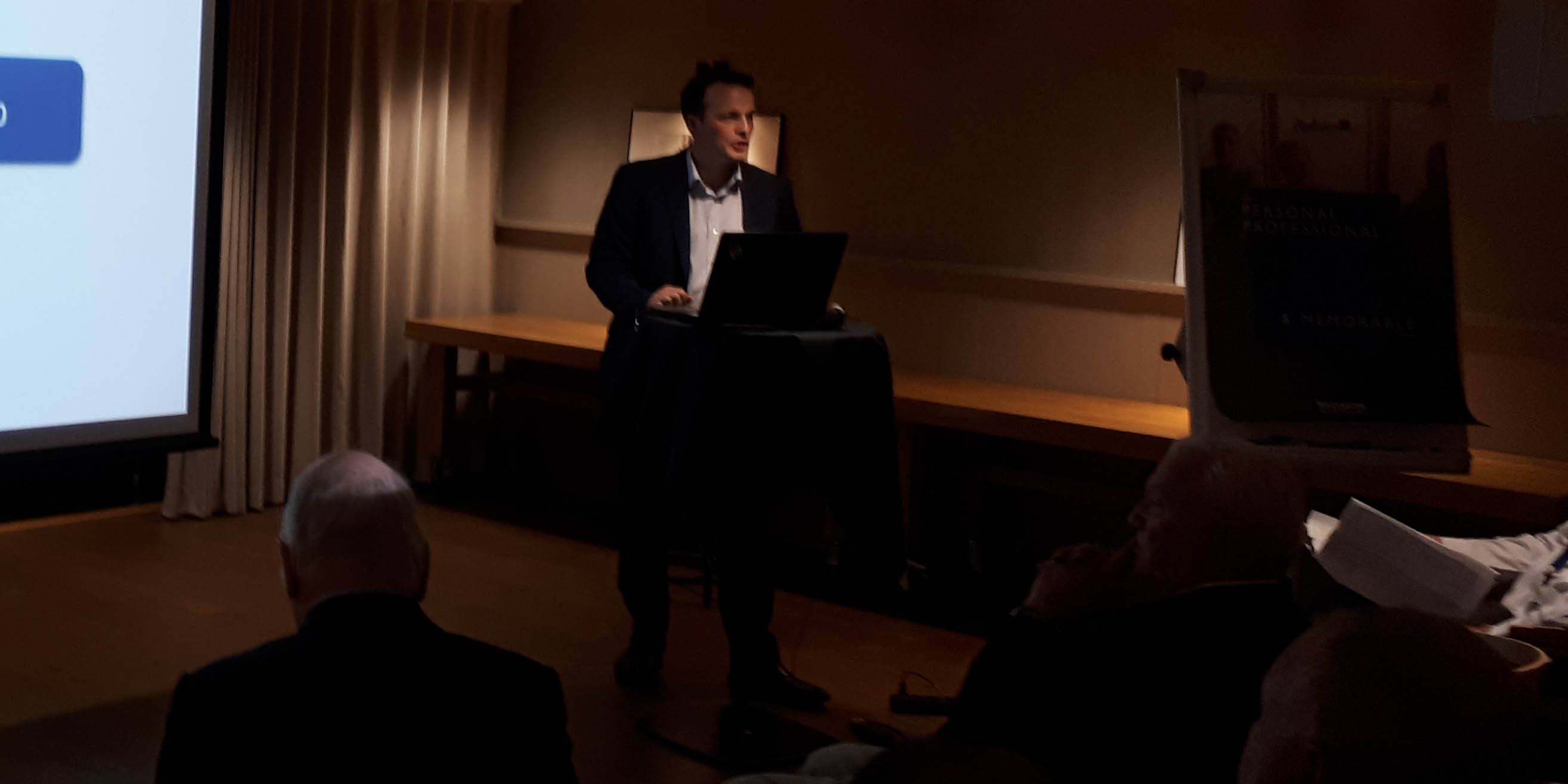Time for shipping to place people higher up the agenda, says Nautilus official
30 September 2019

The human element is an afterthought when developing International Maritime Organization (IMO) regulations, and when the seafarer is considered, it’s in the context of who should take the blame for maritime incidents.
This was the strong message from Nautilus professional and technical officer David Appleton in his presentation this month to the International Federation of Shipmasters’ Associations (IFSMA) General Assembly in Helsinki.
Mr Appleton was speaking on the work of the recently-established Human Element Interest Group (HEIG), a body made up of non-governmental organisations at the IMO with a particular interest in people – including the International Transport Workers' Federation, the International Chamber of Shipping and IFSMA itself.
HEIG has been addressing 'obvious issues' that are often ignored when legislation is being drawn up, said Mr Appleton – such as fatigue, poor design of ships and equipment, complexity and administrative burden.
He drew the meeting's attention to a point made by the psychologist James Reason in the 1990 publication Human Error: 'Rather than being the main instigators of an accident, operators tend to be the inheritors of system defects created by poor design, incorrect installation and bad management decisions. Their part is usually that of adding the final garnish to a lethal brew whose ingredients have been long in the cooking.'
Dr Reason's words apply closely to shipping, noted Mr Appleton, but seafarers who make a mistake are often treated as if they had carried out an 'intentional violation' – leading to sacking or even imprisonment. In the best-case scenario, seafarers are offered additional training, but this is of little use if the main cause of their error was poor equipment design, fatigue from overwork or inadequate procedures.
To tackle these issues, Mr Appleton said that HEIG had already carried out useful work on reviewing the Human Element Checklist, and would next be looking at the problem of deaths in enclosed spaces. 'We are not resting on our laurels,' he stressed.
---
The terms of reference of the Human Element Interest Group are as follows:
- Promote consideration of the wider scope of the Human Element as reflected in IMO Resolution A974 (23) 'Human Element Vision, Principles and Goals for the Organization'.
- Encourage appropriate use of the standing agenda item on the Human Element at the IMO sub-committee on Human element, Training and Watchkeeping.
- Promote understanding of the Human Element through training and education.
- Promote understanding of fatigue and the factors that influence fatigue.
- Consider organisational factors that may affect safety and lead to incidents.
- Consider the Human Element in the context of increasing levels of automation of ship systems, equipment and operations.
- Liaise with IMO on the HE Project.
Tags
